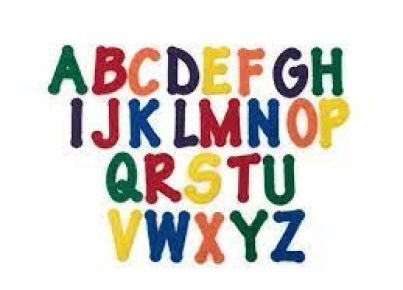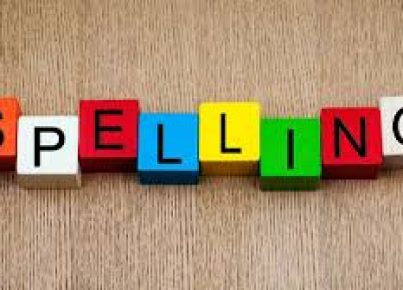In the bustling world of language arts and education, one of the cornerstones is building students’ abilities to infer. Inference activities — exercises that encourage learners to read between the lines and make educated guesses based on evidence and reasoning — are crucial for developing critical thinking skills. This becomes especially important as students move up in grades and begin to encounter more complex texts.
As teachers seek fresh ways to challenge their students and sharpen their inferential reasoning, it’s essential to explore diverse activities that can bring this skill to life. The goal is not only to help students recognize implied meanings in literature but also to apply these skills in real-world situations.
Creative writing prompts are an excellent tool for inference practice. They can encourage students to project beyond what they know explicitly from their reading and to craft stories that leave room for interpretation. Consider a scenario where students are given the first half of a story and must conclude it by inferring what might logically happen next based on clues provided earlier in the text.
Picture analysis is another powerful strategy. By examining a scene without any textual support, students can discuss what might be happening and why they think so, using visual evidence as their guide. This activity can serve as a valuable pre-reading exercise before introducing a related narrative.
Role-play activities are also effective for inference skill-building. Assigning students characters from a story or historical figure without giving away all the details forces them to infer character traits, motivations, and behaviours based on dialogues or historical context.
Mystery bags or boxes filled with various objects can stimulate inference as well. Students must use these objects as clues to solve a problem or guess the contents of another student’s bag. This tangible form of inferencing can lead to lively classroom discussions and encourages deductive reasoning.
When digital literacy combines with inferential reasoning, we find ourselves at the frontier of 21st-century learning skills. Presenting students with various online resources—blogs, forums, social media snippets—requires them not only to infer meaning but also to consider source reliability and perspective.
In conclusion, weaving more inference activities into educational curricula is vital for developing sophisticated thinkers who can navigate both literature and life’s nuanced realities. As educators cultivate this critical skillset, they’ll find their students better prepared for academic success and more empowered as individuals capable of deep understanding beyond the written word.





